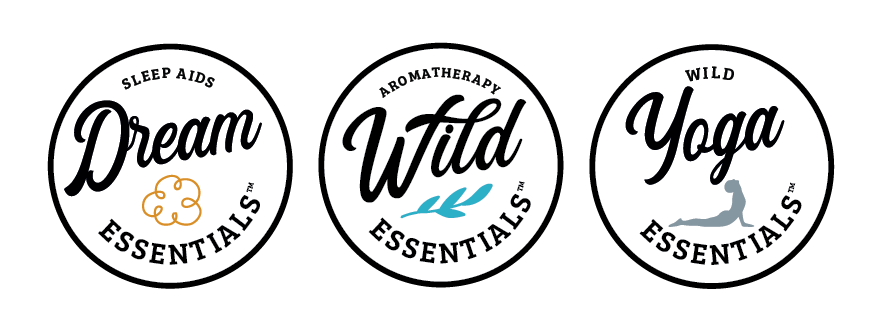
Diet Disturbing Dreams?
By Eve Pearce
If you suffer from disrupted sleep or other sleep disorders, your first thought may not be to look at your diet. But, in fact, some of the foods we put in our body contain various compounds that could affect our sleep and leave us feeling tired and groggy during the day. With studies indicating that lack of sleep can be linked to depression, it is important to ensure that we are kind to our bodies and give ourselves the best chance of a restful night's sleep even if that does mean cutting out a few of our favorite bedtime snacks. Here are some of the food types that you should avoid before bed and others that are apt to make you have a sound and soothing slumber:
Caffeine
Where would we be without our morning coffee? Caffeine is a well know pick-me-up and so it stands to reason that having it before bed is going to wake us up rather than send us off to sleep. Most people are aware of this and tend not to indulge in a late night coffee unless they want to be jittery all night from its stimulating properties. But caffeine appears in all sorts of food, drinks and medication. Watch out for dark chocolate, tea and over-the-counter medications such as cold syrups and paracetamol.
Nevertheless a hot drink at bedtime is nice, so opt for warm milk rather than tea or coffee. Renowned for generations as a great way to settle down into a peaceful slumber, milk and other dairy products contain Tryptophan – a compound which relaxes the body and induces sleep.
Steak and fries
People say that you’ll sleep better on a full stomach, but a heavy, high-protein, high-fat meal like steak and fries will not make for a sound night's sleep. For a start the high fat and protein content will wake up your digestive system just as the rest of you wants to go to sleep, making trips to the bathroom and heartburn just a few of the things that will disturb you during the night. Protein in particular is difficult for the body to digest and should be eaten during the day to provide long lasting, regulated energy rather than at night when you want to wind down.
Still, there is some truth in the adage about sleeping soundly with food in your belly so if you enjoy a bedtime snack then opt for some comforting, filling carbohydrates but just those that are a little more plain than a fat-laden meal. Think cereal, sandwiches or crackers.
Alcohol
So you always thought that a nightcap was a great way to send you off to sleep? Wrong. Despite its ability to make you feel groggy and tired, alcohol will not give you a good nights sleep for a variety of reasons. Alcohol will affect your body’s ability to fall into a deep sleep during which the body repairs and restores itself, meaning that when you wake you will not feel at all refreshed. You are more likely to fall in and out of REM (rapid eye movement) sleep which is the first stage of sleep and one that is much easier to wake from. In addition to this you will wake more often from thirst as alcohol dehydrates the body and you are also more likely to snore yourself awake as the alcohol relaxes the muscles in the mouth and nose. Unwanted side effects of drinking alcohol can also occur if you are mixing it with certain types of medication. One of the main complications includes insomnia.
It may not be quite so rock and roll but indulge in a herbal tea instead. There are hundreds of different types, many with sleep-inducing, relaxing properties. Some of the best ones include chamomile, ginger and, if you are really struggling with disrupted sleep, then valerian root which is actually a mild sedative.
Cheese
Ever heard the old wives' tale about cheese giving you bad dreams? Well you may be lucky to have any dreams at all if you chomp on hard cheeses before bed. While softer cheeses come under the remit of dairy which contains sleep-inducing Tryptophan, hard cheeses such as parmesan andedamare higher in it’s evil twin, Tyramine – an amino acid known to stimulate the brain and prevent sleep.
For a light bite before bed, grab a handful of almonds instead. Just like dairy products they contain Tryptophan and also help regulate your heartbeat into a slow and steady rhythm.
Remember
If you must eat directly before bed, then keep the snacks light and minimal. Eating heavy, fatty or spicy meals right before bed will put a strain on your digestive system and send your blood sugar through the roof. Drinking vast amounts should also be kept to a minimum in the hours before bedtime to avoid numerous bathroom trips during the night. As always, a cool, quiet, darkened room will also make for a restful, relaxing nights sleep.
Share
















